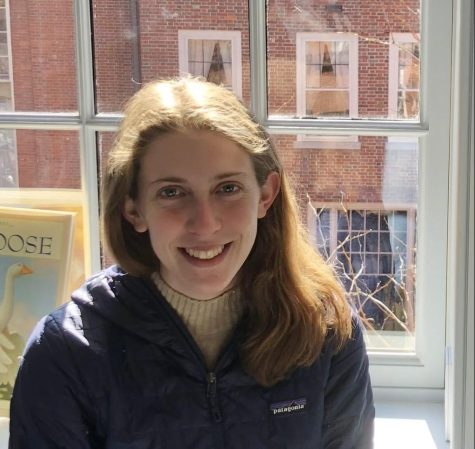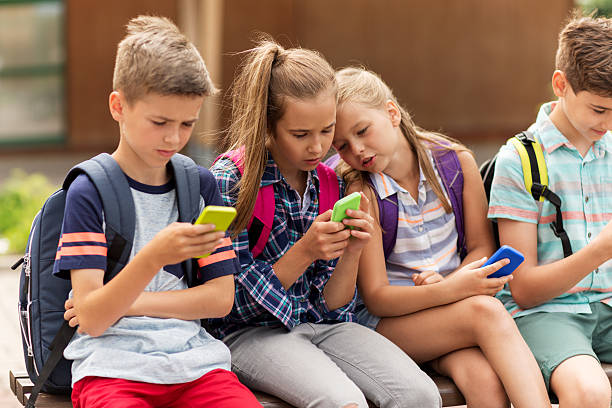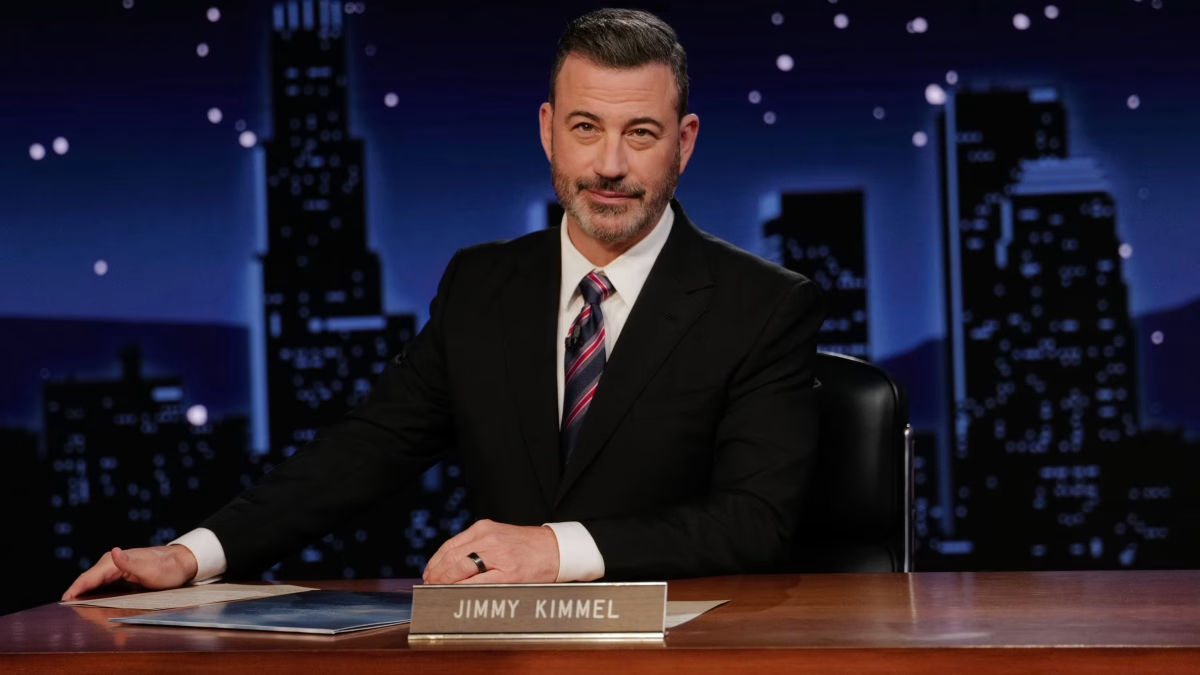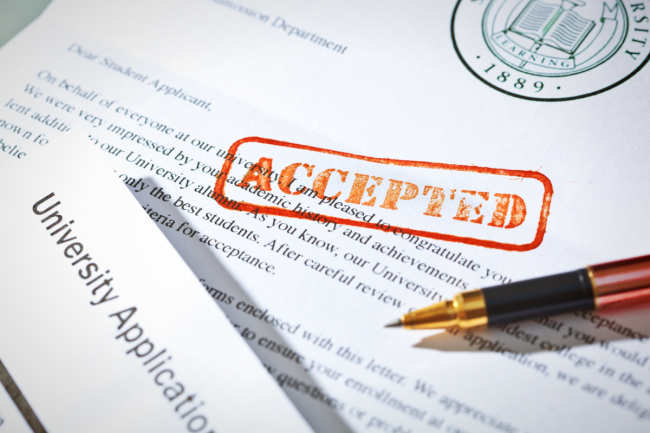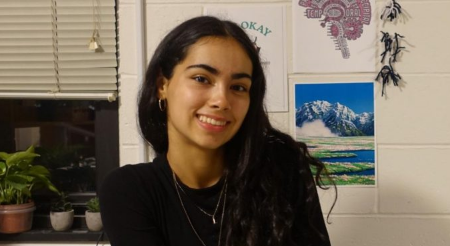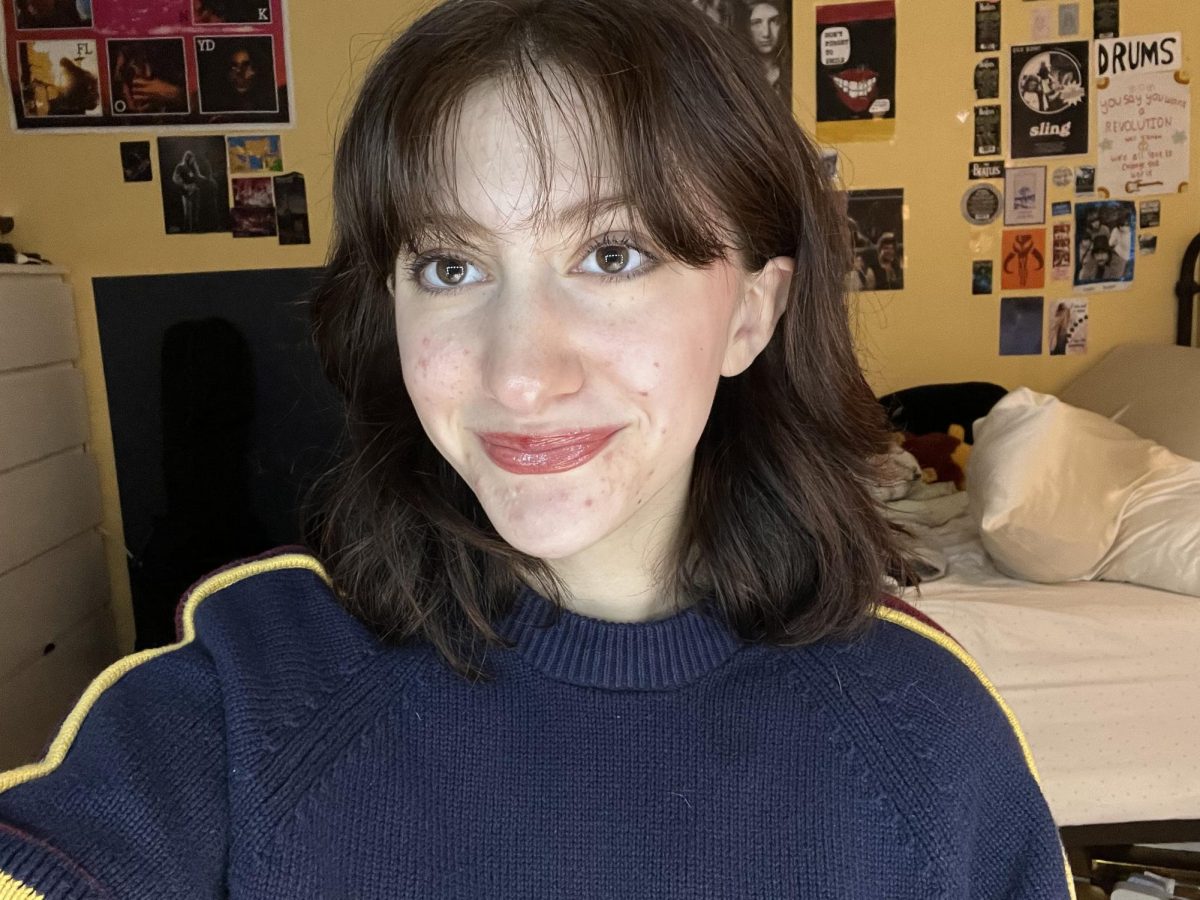About a month ago, it occurred to me, Quarantine started exactly four years ago. Wow.
And I didn’t know what to think about that. Is four years a long or short time? In 2020, I was just starting high school—now I’m leaving. But looking back, it’s flown by.
I wanted to reflect on COVID, on quarantine, but I wasn’t sure what to say. Am I looking at it through the rearview mirror, or does its memory linger in our lives today?
What answer did I settle on?
I don’t know.
But what I do know—quarantine was weird.
Our lives were disrupted, put on hold, stopped in their tracks. An abnormal way of being was suddenly forced to become normal. Before COVID, my life relied on seeing my friends and talking to classmates during school. It revolved around going to swim club, Hebrew school, and Model UN. Within days, all of this was flipped upside down.
Just adjust. Others told us this, and we said it to ourselves. If you sit and think about how weird and crazy the world is right now, you’ll never get up. So we just kept going. The only way to manage was to now dwell on the strange parts of our new life.
For example, I hardly saw anyone outside my family for months in 2020. That’s weird—but it was what it was.
My friends’ houses, where I had spent so much time, became off-limits. That’s fine. Just don’t think about it too much.
And if I did want to see someone outside my family’s “bubble,” we were masked and six feet away. We wore masks, accessories that we had always just associated with the doctor’s office.
Yes, you’re thinking, but they’re just masks. We wore masks for years.
And isn’t that crazy?
Isn’t it crazy to think that for almost two years, we were expected to wear masks to participate in everyday life, because we needed them to keep us safe? We literally covered our mouths with bits of synthetic fabric.
And now that people are vaccinated and COVID numbers are lower, many of us resist masks as much as possible. We hate the way our breath smells, we hate that they make our chins oily, that they itch our noses.
Masks are not normal, we think. And yet for so long, they were. They were a product of necessity.
Likewise, we celebrated holidays alone, because there was no alternative. For example, all my life, Passover seders (usually in April) have been defined by hoards of extended family members crammed into my grandparents’ townhouse, a happy chaos of competing dishes and conversations. We eat matzo and make charoset and macaroons and goof around.
In 2020, we put a seder plate on a card table in the living room and talked to my grandparents and cousins on Zoom. That was it, a foreign, alien distortion of a holiday.
That wasn’t normal. We shouldn’t have needed to act like it was normal. None of it should have had to be normal.
Looking back four years later, it feels like a lot has changed. We are back in school full-time, seeing friends and family. We are no longer afraid to go to concerts or be on airplanes or in trains. COVID is far less present.
But COVID is still here, lurking beneath the surface, driving our society’s actions.
When someone gets COVID, for example, they usually isolate themselves, while they are contagious.
True, when we are sick, people generally ask us to stay away. But I think there is an additional fear surrounding COVID. We worry we will have to put our lives on hold. We are scared about missing school, work, parties, events. We dread thinking that we would be shut off from our friends and family, forced to wear a mask around them, locked in a far-away part of the house to be miserable alone.
We do not want to enter the quarantine again. We pray our lives are not like that anymore.
Our society is traumatized by what we experienced in 2020. Even now, when life seems normal, we know it isn’t. We know that COVID is not so far away.
This puts our society in a unique position to just recognize and acknowledge how COVID made us feel. It hurt us, and we need to talk about that, because the longer we let it sit in our chests, the greater damage it will cause down the road.
In ten or fifteen years, 2020 might be plastered over, in the rearview mirror, as our society decides to give it an official label. Maybe this means societal nostalgia, as we collectively long for the days when life slowed down, when we didn’t rush to school or work, when we could take the time to go for walks and just relax. Who knows? But this label that we force on COVID and quarantine will not be the full story.
The pandemic was complicated, painful, and unnatural for our society. It flipped our lives upside down and then spun them around and whacked them with a dozen hammers.
And it’s important to remember that. It’s important that we keep remembering what the experience was really like, instead of burying it.
So I encourage you to talk about it, because sharing is the best way to heal.
Instead of insisting that the pandemic doesn’t affect us anymore, instead of overwriting our experience with forced nostalgia—let’s just remember what it was. It’s okay not to come to a conclusion about how quarantine impacted you; it’s okay to not label it. It was complicated. Don’t forget that.
Talk to your friends and family. Write about it. Tell us at the Chronicle about your experience. Just think about it.
Because COVID was weird.
And that’s okay.


